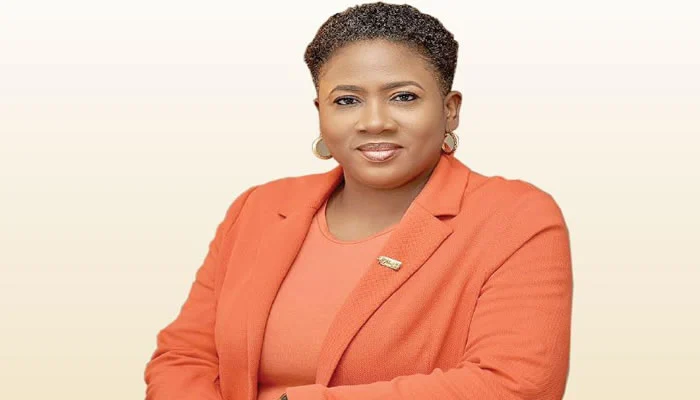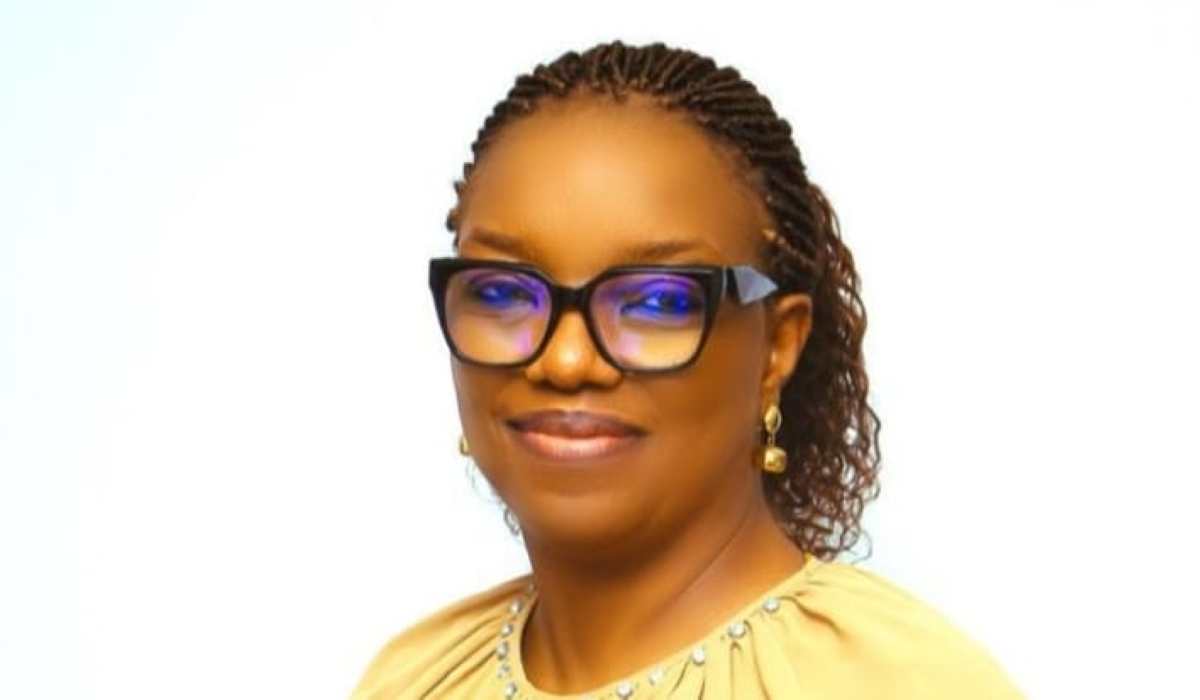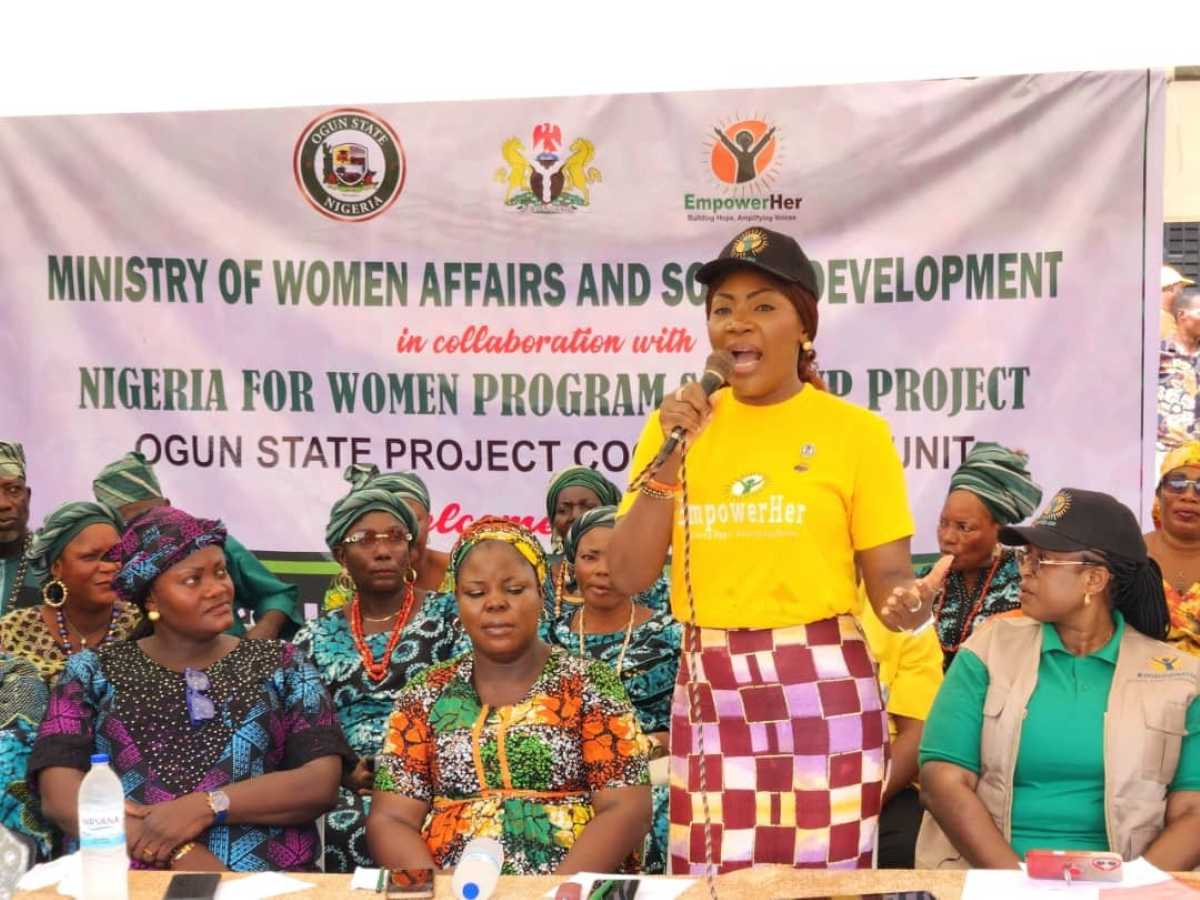 When I was a little girl, I once decided to see how long I could stop speaking for. In my adult memory the time span of my muteness experiment extended over four, five days. But perhaps it was a shorter period of time. After all I depended on others for all my needs.
When I was a little girl, I once decided to see how long I could stop speaking for. In my adult memory the time span of my muteness experiment extended over four, five days. But perhaps it was a shorter period of time. After all I depended on others for all my needs.
Nevertheless, I recall the immense difficulty of the experiment. Initially, it seemed simple enough to refrain from speaking but I was a talkative child especially around my loved ones, and eventually I reached a point where I was so pregnant with words that I experienced what I can only describe as an actual physical pain.
By contrast, what I felt when I ended the experiment of not speaking was heavenly. Imagine trying to hold your breath for as long as possible and then eventually deeply inhaling that sweet abundant element from the earth’s crust, oxygen. Similar to such a sweet deep breath, I spoke and spoke and spoke. The words flowed out of me as though a dam had been removed from the river of my vocabulary. To put it simply, I felt free.
I was reminded about my speaking protest following the murders of Alton Sterling and Philando Castile this week in Louisiana and Minnesota respectively. As has followed many brutal murders of African Americans in recent years, these murders again led to protest utilising the slogan #BlackLivesMatter.
#BlackLivesMatter has achieved an unprecedented spread of awareness with everyone from celebrities in the US to public figures in Sweden using the slogan in their activism. Black Lives Matter has brought to the fore the fact that, as Haile Selassie prophetically cautioned , “Until the colour of a man’s skin is of no more significance than the colour of his eyes […] everywhere is war.”
And yet despite the scope and urgency, there is a certain muteness to the protests. A nagging sense that those who ought to be listening are not. Just as my childhood experiment was ultimately a protest against a world in which those in power ie. adults, did as they wished anyway, it was also a futile protest during which I suffered more than anybody else did.
I’m not suggesting that Black Lives Matter is futile. Far from it. It is a beautiful and meaningful moment during which we witness masses take action for a better world. But there is something that is missing, and it is the feeling that the words are being heard, the feeling that the words are freeing.
I observe a similar phenomenon with women’s protests in Nigeria, most recently after the gender bill was denied. It is silence and not voice that comes to my mind. Words are being spoken and placards are borne, but hardly any change takes place.
We are like squirrels, enthusiastically collecting protest slogans, hashtags and quotes into the pouches of our collective psyche. Laboriously, we carry the weight of these words until we find a place to bury them till we need them again.
Meanwhile, as we squirrel away the grievances of our souls into storage, the people who they are aimed at remain deaf to the plea offering. Black lives matter, we say, women’s lives matter, all lives matter – of course – and yet precisely because they do, we need to find ways through which we can end the “silent speaking”.
I think that our movements need to connect more explicitly to the emotion from which they erupt, namely unity. They can seem separate, with one group fighting against poverty, another against patriarchy and yet another against systematic racism. But at the core of all calls for equality is a call for our integral oneness – our unity.
Furthermore, a call for unity implies a globality to our struggles. The oppressors of minorities, the perpetrators of patriarchy, the exploiters of the poor are no longer strictly tied to the state. In a globalised system, the state collaborates with official institutions such as the UN, IMF, or corporate giants. Just as these groups can utilise the opportunities of international collaboration to perpetuate the status quo, so too must transformative action agendas use the same conventions and laws which govern the global system as tools to fight against inequality within them.
Whether it is civil rights, women’s rights, working class revolt, one way or another, change is set to happen. But it will be a more lasting change if we are loud and clear in insisting on the unity of all humankind.






